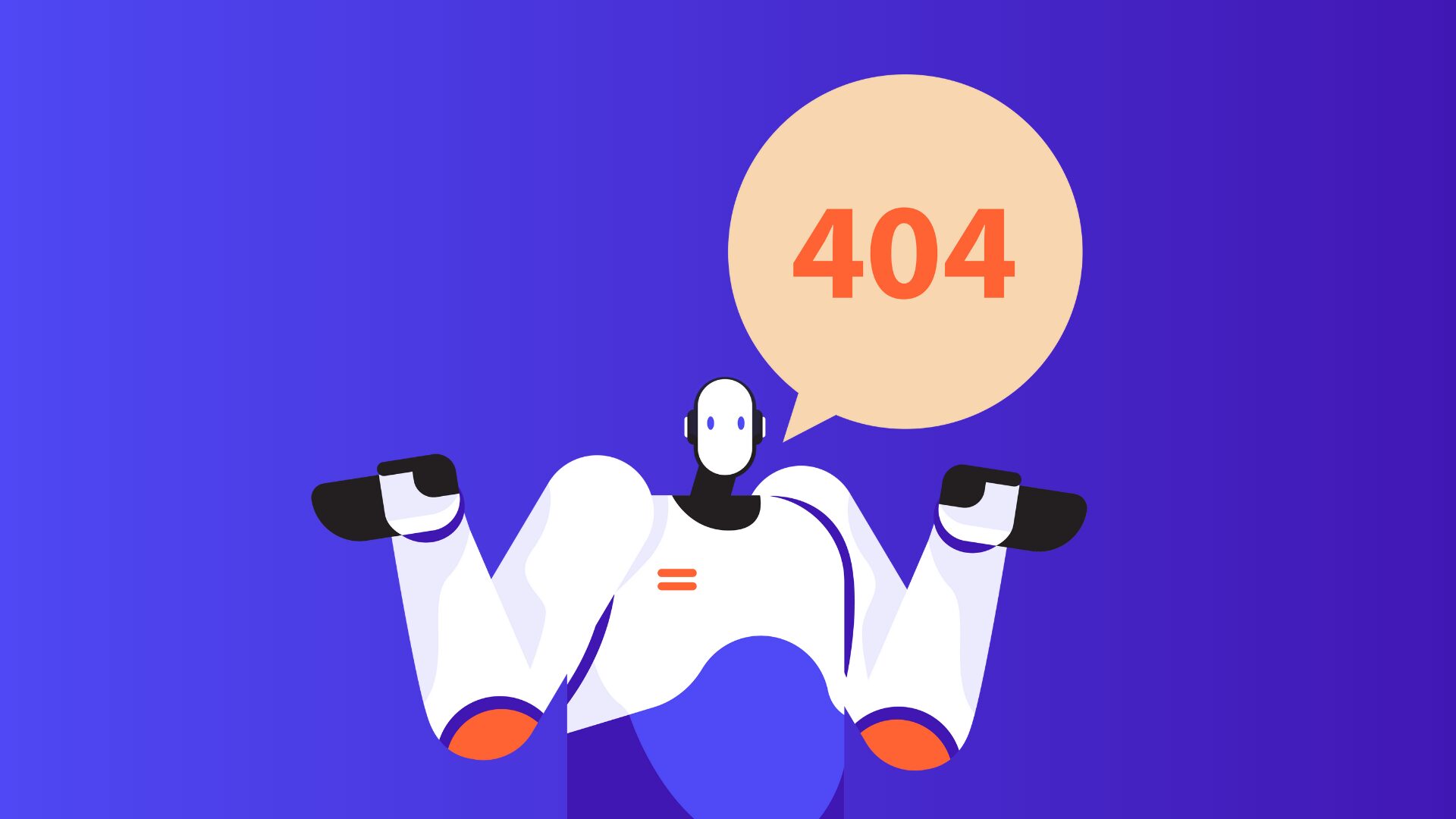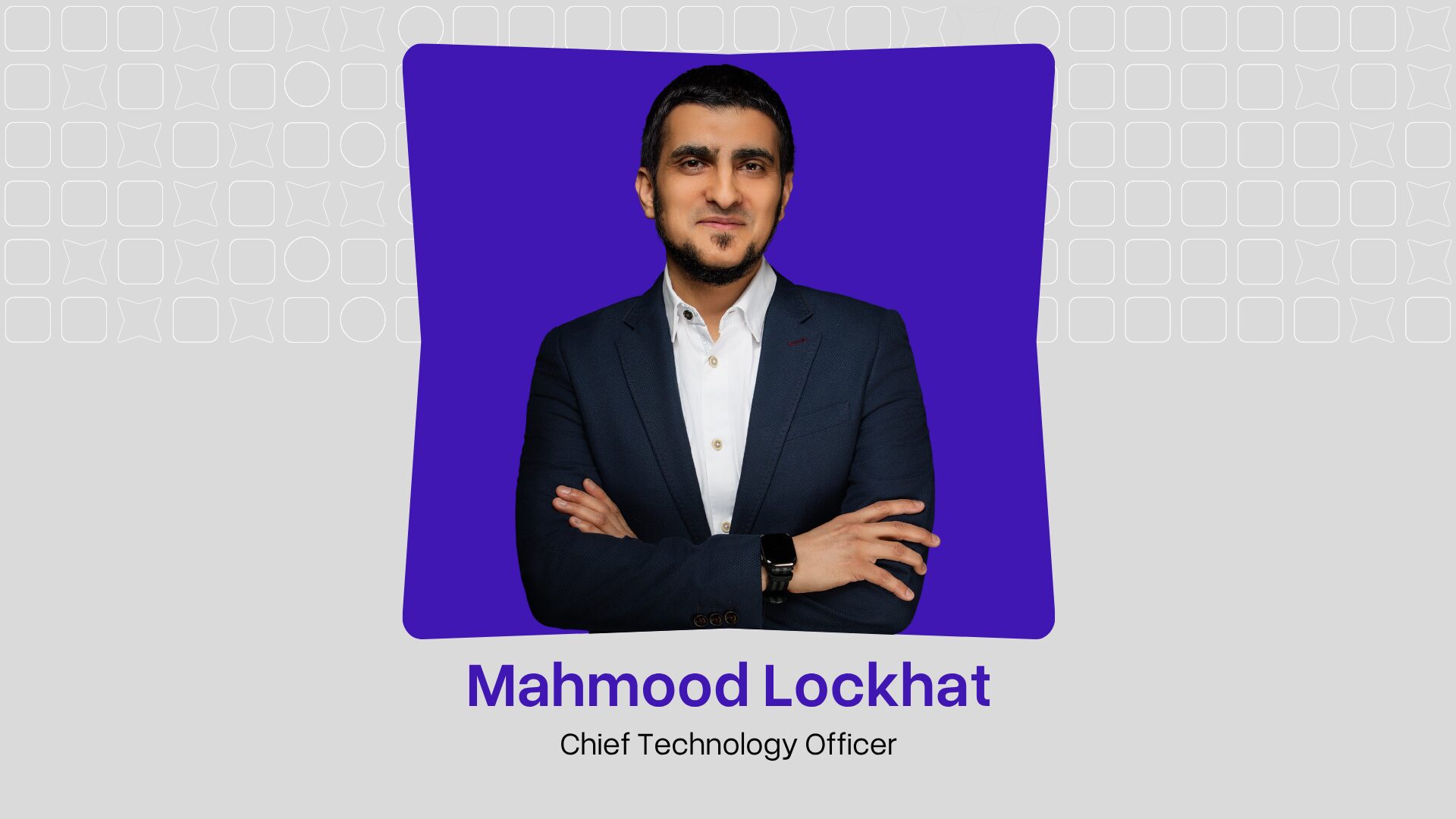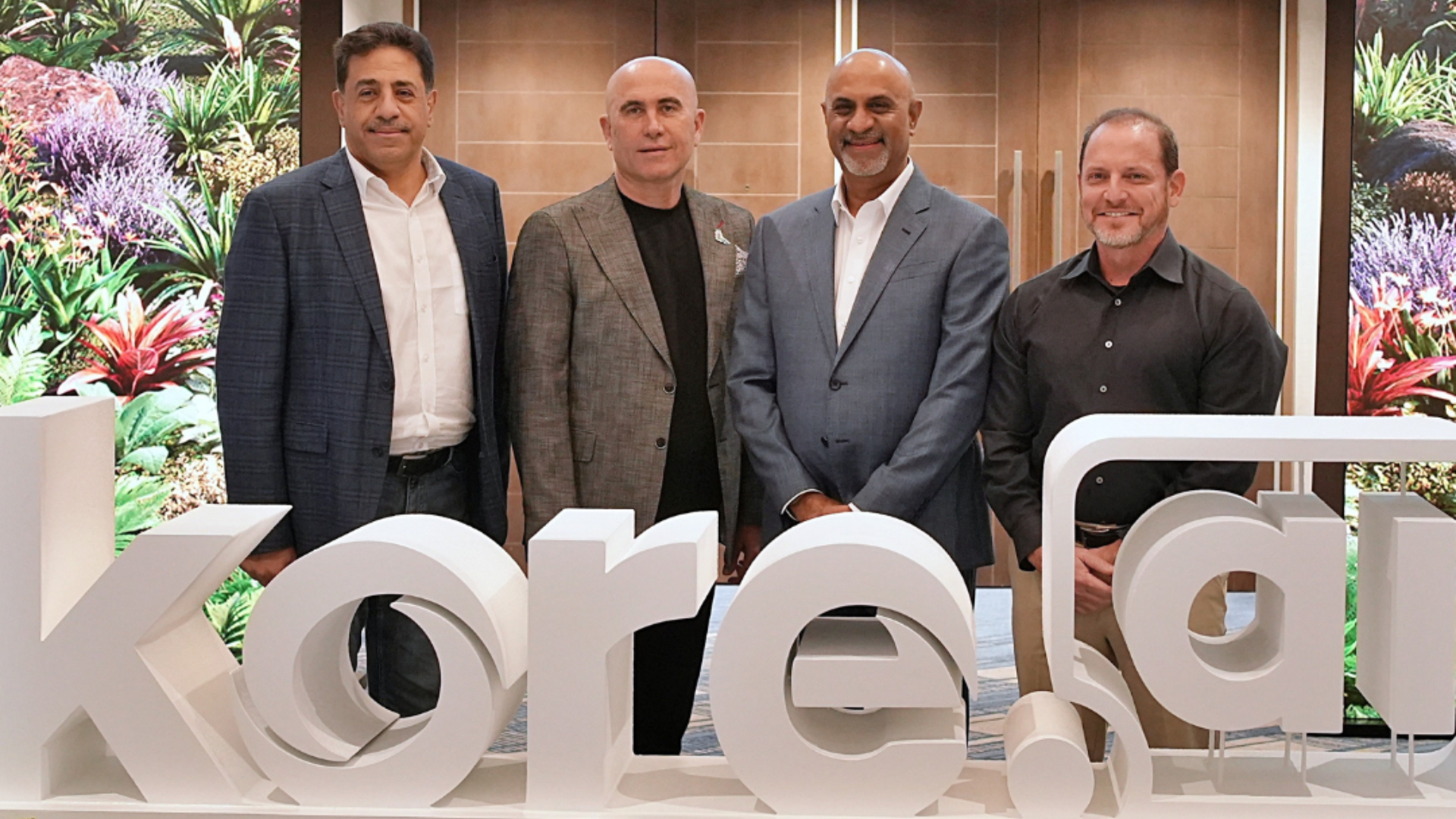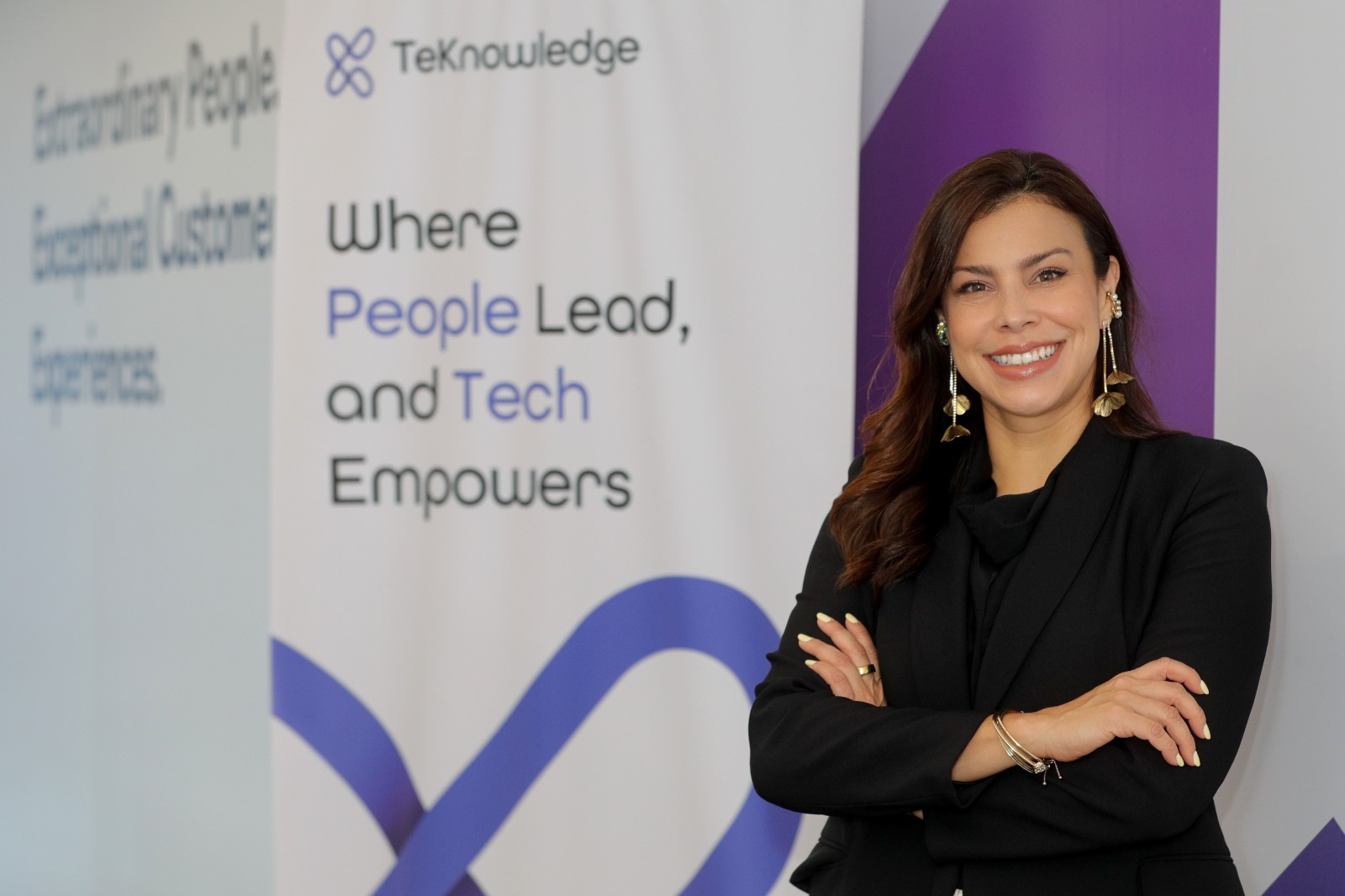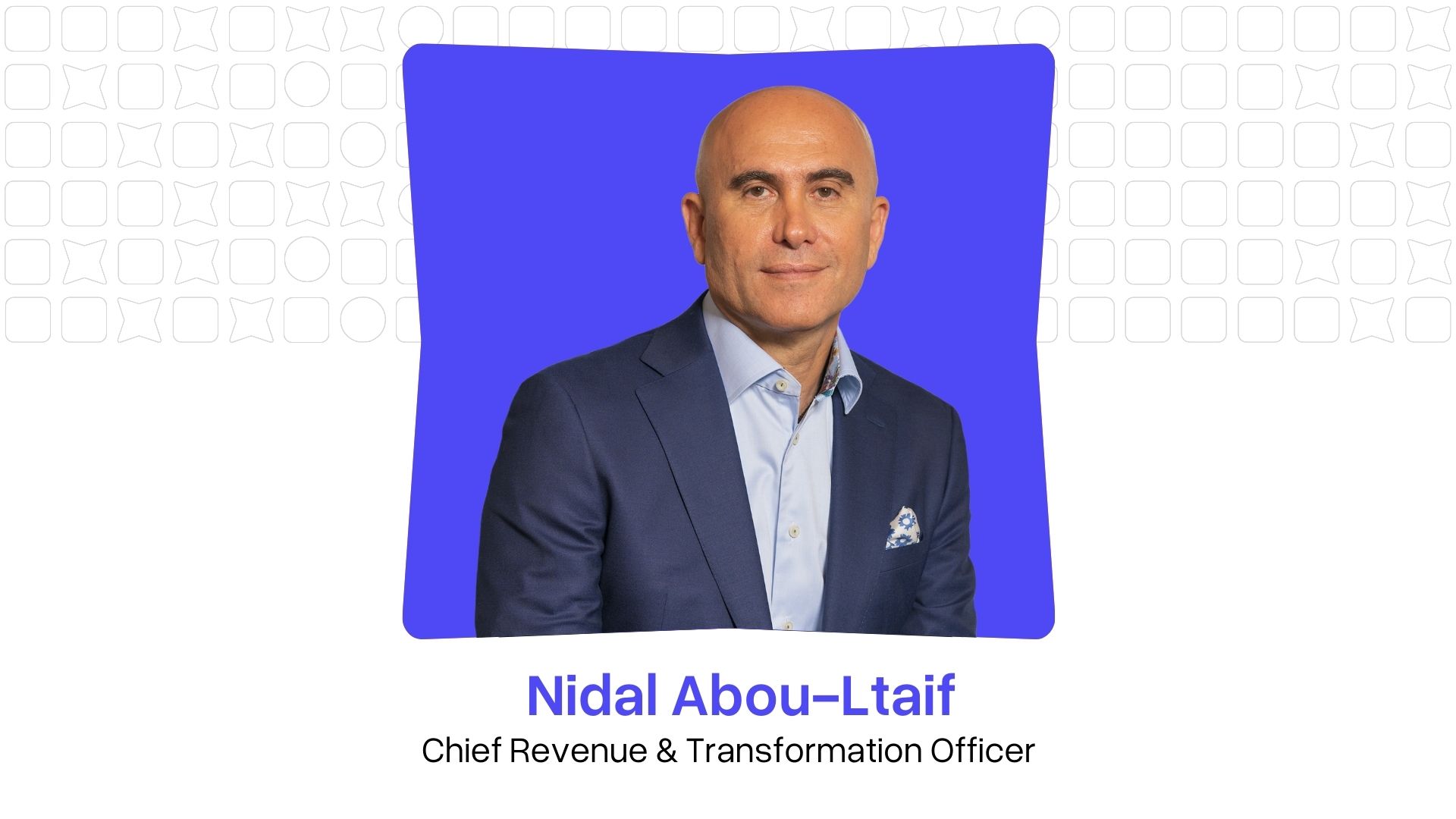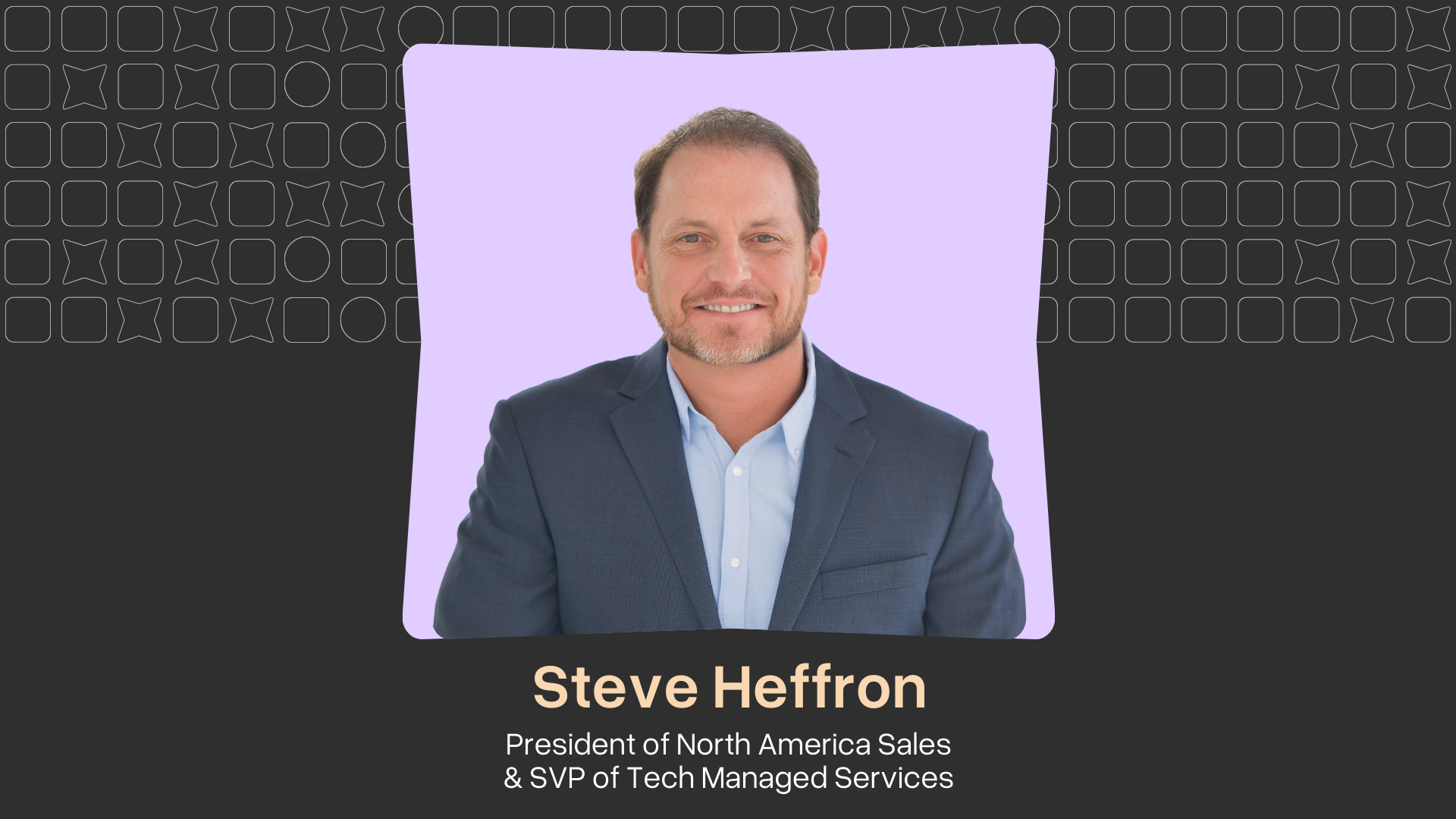The AI Execution Challenge
There’s no question about it, Artificial Intelligence (AI) is transforming how businesses operate, improve customer interactions, and foster innovation. Yet, despite recognizing AI’s vast potential, many organizations struggle to fully integrate and scale it within their daily operations. This “execution gap” is exactly what the partnership between TeKnowledge and Kore.ai aims to bridge.
In today’s rapidly evolving digital landscape, enterprises face a fundamental conundrum: while AI technologies have reached unprecedented sophistication, the gap between AI ambition and real- world execution is still a reality that many enterprises are faced with.
While we’re surrounded by headlines about AI breakthroughs, many of us in enterprise technology are facing a frustrating reality in what I call “The Pilot Paradox” running impressive demos that never translate into enterprise-wide transformation. We have brilliant AI pilots running in isolation, executive teams asking when we’ll see real business impact, which needs to be delivered at scale.
The partnership between Kore.ai and TeKnowledge isn’t just another vendor, partner announcement it’s a recognition that successful AI transformation requires more than just great technology. It needs a fundamentally different approach.
Why Most AI Transformations Fail: The Missing Dimensions
After years of watching AI implementations succeed and fail, I’ve learned that technology is just one piece of the puzzle. The organizations that truly succeed with AI get five critical dimensions right:
Technology is the foundation, but it’s not enough on its own. You need a platform that can evolve from simple chatbots to sophisticated multi-agent orchestrations. Kore.ai has cracked this code with their AI Agents Operating System, moving enterprises from guided intelligence through to full autonomy while maintaining human oversight.
Data Readiness is where most projects stumble. Your AI is only as good as your data, and enterprise data is messy scattered across systems, trapped in silos, mixing structured databases with unstructured documents. TeKnowledge’s expertise in data strategy and integration becomes crucial here, ensuring your AI agents have access to clean, relevant, and contextual information.
Cybersecurity can’t be an afterthought anymore. We’re not just protecting data; we’re securing AI models against adversarial attacks, preventing bias, and ensuring our AI agents don’t become security vulnerabilities. TeKnowledge’s cybersecurity practice understands these unique challenges and builds protection into every layer of the AI stack.
Governance separates successful AI implementations from chaos. As we move toward super-agents managing multiple AI systems, we need frameworks that ensure accountability, transparency, and regulatory compliance. This isn’t just about policies—it’s about embedding governance into the platform architecture itself.
Digital Skills might be the biggest gap of all. Your people need to understand how to work alongside AI agents, how to prompt them effectively, and how to maintain and evolve these systems over time. TeKnowledge’s comprehensive skilling programs ensure your teams can grow with your AI capabilities.
A Strategic Convergence: Platform Intelligence Meets Expert Services
The partnership between Kore.ai, a global market leader, expert in conversational, enterprise AI, and TeKnowledge, a leader in technology services including AI, customer experience, and cybersecurity, combines our strengths to help businesses scale AI smoothly and effectively.
Kore.ai brings to this partnership a mature, agent-first platform that has evolved beyond the traditional chatbot paradigm. Kore.ai has pioneered the transition from guided intelligence to full autonomy through their AI Agents Operating System, spanning from
reliable conversational bots to sophisticated autonomous agents capable of human-like interaction.
Kore.ai offers a user-friendly yet powerful AI orchestration platform designed to boost productivity, efficiency, and customer service. Their technology easily understands what users want, communicates clearly with different systems, and performs tasks independently. This flexibility helps businesses integrate Kore.ai’s solutions into their existing systems, adapting quickly to changing technology.
Kore.ai provides a comprehensive solution stack which is built around 3 major pillars:
-
- AI for Service – Enhances customer experience through intelligent virtual assistants, agent support, and contact center optimization
- AI for Work – Increases employee productivity via workplace assistants (HR, IT, internal ops) and enterprise workflow automation.
- AI for Process – Automates end-to-end business processes with advanced AI-driven orchestration.
Their platform addresses the three areas where businesses need AI most: reimagining work (helping employees be more productive), reimagining service (creating better customer experiences), and reimagining process (automating complex workflows). But here’s what matters, they’ve built this with enterprise realities in mind.
TeKnowledge complements Kore.ai by providing strategic guidance, advisory and precise execution to ensure AI projects deliver real business value. With over 6,000 experts across 19 global hubs, TeKnowledge makes sure AI implementations are strategic, measurable, and adaptable. We also stress and recognize the importance of being prepared with quality data, strong cybersecurity, effective governance, and digital skills, viewing these as essential for successful AI transformations beyond just technology.
Creating Real, Lasting Impact
What makes this partnership different is our shared focus on human-centric AI. Both TeKnowledge and Kore.ai believe AI should simplify interactions, improve business operations, and deliver clear, measurable benefits, such as improved efficiency, exceptional customer experiences, and innovative solutions.
Gartner predicts that by 2028, 95% of businesses will integrate generative AI into their daily operations, a significant increase from just 15% in 2025. This rapid growth emphasizes the need for businesses to strategically adopt AI. Gartner also notes the rapid advances in multimodal and agentic AI, promising to transform automation and improve user interactions significantly. The TeKnowledge-Kore.ai partnership helps organizations stay ahead of these trends.
Similarly, Boston Consulting Group (BCG) emphasizes the crucial role of CEOs and leadership in successfully implementing AI, warning that disconnected AI solutions—or “AI islands”—can limit potential benefits. This partnership addresses these issues directly by providing an integrated, scalable, and well-governed AI ecosystem, enabling businesses to fully realize their AI investments.
The Partnership Synergy: Providing End-to-End Solutions
Here’s why this partnership excites me as a CTO it addresses the complete AI transformation challenge, not just the technology piece.
From Fragmentation to Integration: The partnership addresses the AI Chaos which many enterprises are facing today, the overwhelming array of hyperscalers, open source vendors, Agent AI, Intelligent Virtual Assistant solutions, CCaaS and enterprise ecosystems that create decision paralysis. By combining Kore.ai’s unified platform with TeKnowledge’s structured implementation methodology, enterprises gain a clear path from concept to capability to business value
Skills That Scale: TeKnowledge’s skilling programs mean your people can actually use and evolve the AI capabilities. This isn’t just about using AI, it’s about building internal capabilities to innovate with AI continuously.
Security by Design: With AI models becoming potential attack vectors, TeKnowledge’s cybersecurity expertise ensures protection is built in from the start. We understand AI-specific threats like prompt injection, data breach and leakage, model poisoning, adversarial attacks, and bias exploitation.
Data That Works: TeKnowledge helps organizations get their data ready for AI, not just accessible, but clean, contextual, and structured for use effectively within enterprise AI orchestration.
Governance That Scales: As you move from single-purpose chatbots to orchestrated super-agents, governance becomes critical. The partnership provides frameworks that ensure accountability while enabling innovation.
The Super-Agent Future: What’s Coming Next
In the coming year, we will witness the rise of what I call “Super-agents” Powerful AI operating systems that coordinate multiple AI agents simultaneously. These advanced systems will significantly enhance organizational decision-making and problem-solving capabilities, guiding enterprises smoothly from basic intelligence to partial or full autonomy, always within human oversight. Imagine having a team of highly skilled
professionals tirelessly working round the clock, resolving issues, streamlining processes, and executing transactions seamlessly, without downtime or interruptions.
The growth in AI agent autonomy will revolutionize industries by optimizing networks, enhancing fraud detection, streamlining patient care, personalizing customer experiences, boosting employee productivity, and automating routine tasks. This shift allows employees to focus on more strategic, higher-value tasks, leading to faster decision-making, better performance, and accelerated business operations across all sectors, from product development, marketing to sales and customer support.
We’re also heading towards a future defined by AI-first customer experiences. AI will significantly improve customer interactions through complete, end-to-end orchestration, providing a personal assistant experience across sectors like banking, travel, healthcare, and retail, offering assistance, solving problems, and enabling seamless transactions around the clock, without us even noticing we’re interacting with AI.
Kore.ai offers the platform for this AI operating system future, enabling organizations to build, maintain, measure, and manage AI agents, systems, and orchestration. While Kore.ai provides the orchestration platform for these super-agents, TeKnowledge ensures organizations have the expertise and support to implement, govern, and evolve these sophisticated AI ecosystems responsibly with real business value.
Why This Partnership Matters Now
As we navigate the AI revolution, the question isn’t whether to adopt AI, it’s how to do it effectively at scale. The Kore.ai and TeKnowledge partnership provides a proven path that addresses the complete transformation challenge.
For technology leaders, this partnership offers what we’ve all been looking for: a comprehensive approach that combines mature platform capabilities with the strategic services, security expertise, data readiness, governance frameworks, and skills development necessary for sustainable AI transformation.
The reality is that successful AI transformation requires both technological sophistication and human expertise. It needs platform intelligence and strategic services. It needs innovation and governance. It needs automation and human insight.
This partnership delivers all of that; not as separate services you have to coordinate, but as an integrated approach designed to help enterprises move from AI ambition to AI impact. And in a world where the pace of AI innovation continues to accelerate, having partners who can help you navigate both the technical and human dimensions of transformation isn’t just valuable, it’s essential.
The future belongs to organizations that can harness AI’s transformative potential while maintaining the human-centred approach that drives real business value. The Kore.ai and TeKnowledge partnership provides exactly that foundation for success.
